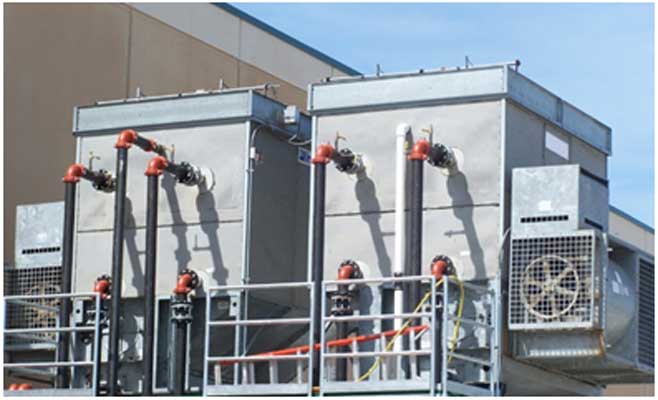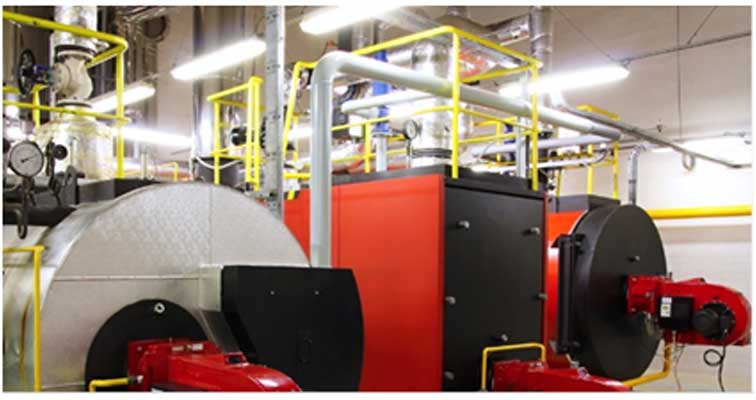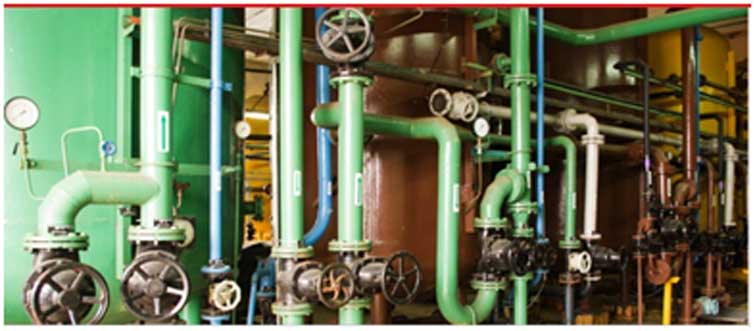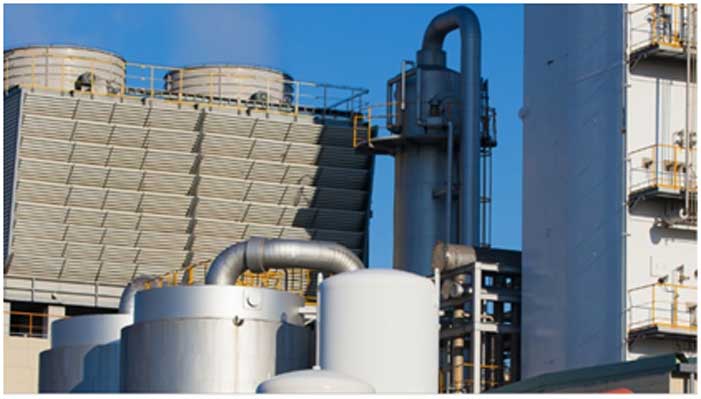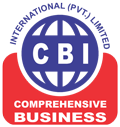- Home
- Markets
- About
- Services
- Project
- Applications
- Plant Technology
- Blog
- Contact Us
CBIPL field engineers are experts in industrial cooling, with extensive experience in a variety of applications.
Best-in-Class Chemical Treatment for Industrial Cooling Systems
Experience has taught us no two industrial cooling water systems are alike. Each system is impacted by the raw water source, air quality, flow rates, metallurgy, temperature, humidity, operating procedures, and a host of other factors. There is no one-size-fits-all solution; the best water treatment programs are specifically tailored to meet the needs of your particular system.
Our treatment program starts with an assessment of the process, water chemistry, cooling requirements, and metallurgy in your industrial cooling system. This allows us to determine whether there is a tendency towards corrosion, scale, and/or fouling. Our chemical programs are effectively used to reduce and prevent these issues in industrial cooling water systems.
We expertly apply our products to keep your system running at peak efficiency, extend equipment life, reduce water usage, and protect the environment. We also offer state-of-the-art control and monitoring technology with DCS compatibility to increase reliability and decrease costs.
